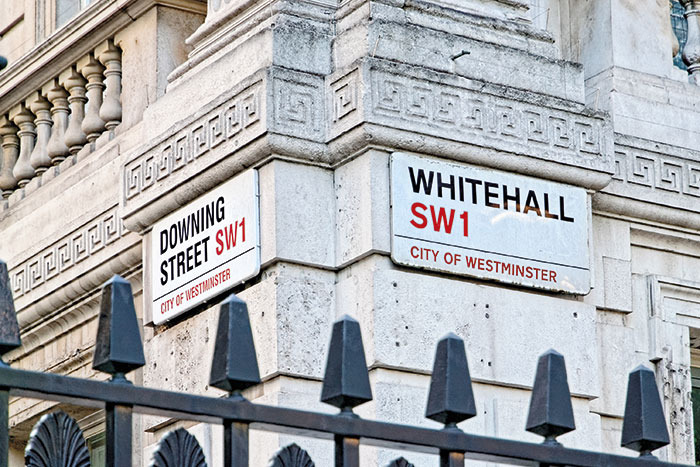
Devolution already means that the UK has a semi-federal, differentiated, system of government for Scotland, Wales and Northern Ireland and for England. Public services have become increasingly differentiated in the four countries – health, education and criminal justice have all already diverged considerably.
The first thing Brexit will certainly bring is jurisdictional disputes between Westminster and Edinburgh, Cardiff and Belfast – about who gets what from powers, institutions and organisations devolved back from the EU to the UK. When the European Union (Withdrawal) Bill was introduced to parliament, the first ministers of Wales and Scotland issued a joint statement calling it “a naked power grab”.
They claimed it failed to deliver on UK promises to return legislative powers from the EU to the devolved governments, instead retaining them in Westminster and imposing new restrictions. That was only the opening shot in what promises to be a long battle.
The second thing Brexit will bring is a less certain but nevertheless possible challenge to the integrity of, and balance within, the UK state. It is already evident that the SNP will push for another Scottish independence referendum, with rejoining the EU a central argument. Similarly, there is a real possibility that Northern Ireland will push for a referendum on reunification of the island of Ireland within the EU.
If either of these were to happen it would fundamentally reshape the UK state, and the internal balance of power, politics and policy would be massively affected.
'Assuming for the moment that the UK stays together after Brexit, the government will both expand and contract.'
Assuming for the moment that the UK stays together after Brexit, the government will both expand and contract.
It will get bigger as functions shared with the rest of the EU will now have to be performed by the UK on its own. New central structures and agencies are being created in Whitehall and existing ones expanded – for example, the Department for Environment, Food & Rural Affairs increased its workforce by 43% in 2017-18.
Yet, overall, our government and public services will contract as, regardless of the Brexit scenario we end up with, our economy and resources will be smaller. Ever since 2010, government spending has been on a downward curve as a percentage of GDP. From a long-term average in the low 40s, the aim has consistently been to get spending permanently down to around two-thirds of GDP (moving the UK from the middle to nearer the bottom of the range of OECD countries).
During any period of sudden change, the default position of the British state has always been to centralise control in Whitehall. We’re already seeing signs of this: civil servants have been pulled back into London; central government employment (not just civil servants) rose from 2.9 million in March 2016 to 3.1 million in September 2018; while local government has seen cuts from 2.2 million in March 2016 to 2 million.
Many public services have become heavily dependent on EU staff. Health and social care are obvious examples, and one-in-five academic staff at UK universities come from EU27 countries.
Brexit is already taking its toll, with EU27 academics either moving back or not coming to fill vacancies. Proposed post-Brexit immigration rules seem set to accelerate this, creating a new ‘brain drain’ away from the UK. And many interdependent research collaborations with the EU27 are threatened by Brexit.
Overall, Brexit “taking back control” may well mean Westminster and Whitehall taking back control of governance and public services. So, expect a smaller but more top-heavy and centralised government?



















